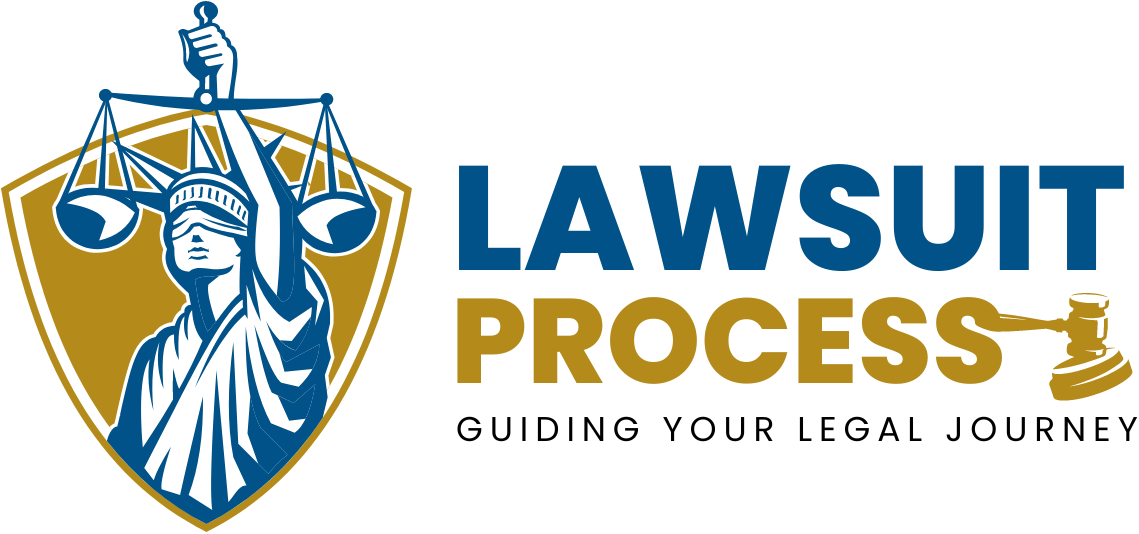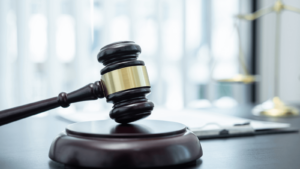Driving under the influence (DUI) or driving while intoxicated (DWI) are serious offenses in the United States. DUI/DWI cases are complex and involve both criminal and civil penalties. This article provides a detailed walkthrough of the DUI/DWI lawsuit process, from the moment of arrest to the final resolution, including the stages involved, legal consequences, and potential defenses.
1. What is DUI/DWI?
A DUI (Driving Under the Influence) or DWI (Driving While Intoxicated) refers to operating a vehicle with a blood alcohol content (BAC) level above the legal limit, which is typically 0.08% in most states. These charges also apply if a driver is impaired by drugs, including prescription medications and recreational substances.
1.1 Key Differences Between DUI and DWI
Though DUI and DWI are often used interchangeably, some states differentiate between the two:
- DUI: Refers to impairment by alcohol, drugs, or any substance affecting a driver’s ability to operate a vehicle.
- DWI: Specifically refers to alcohol impairment, often at a higher BAC threshold than DUI in some jurisdictions.
2. The DUI/DWI Arrest
The DUI/DWI process typically starts with an arrest, which can occur in several ways:
- Traffic stop due to erratic driving or a minor traffic violation.
- DUI checkpoint set up by law enforcement.
During a traffic stop, an officer may conduct a field sobriety test (FST) and/or a breathalyzer test to determine if the driver is impaired. If the results indicate impairment, the officer will proceed with the arrest.
2.1 Implied Consent Laws
Most states have implied consent laws, meaning that by obtaining a driver’s license, you agree to submit to chemical tests (such as breath, blood, or urine tests) if law enforcement suspects impairment. Refusal to comply with these tests can result in immediate administrative penalties, including license suspension.
3. Post-Arrest Procedures
After a DUI/DWI arrest, the following events typically occur:
- Booking: The arrested individual is taken to the police station for booking. This involves recording personal information, taking fingerprints, and a mugshot.
- Initial Bail Hearing: A judge will decide if bail is necessary and set the amount. The individual can post bail to be released from custody, pending further legal proceedings.
4. Criminal Charges and Arraignment
Following the arrest and booking process, formal charges are brought against the individual. The charges can range from a misdemeanor to a felony, depending on the severity of the offense, previous DUI/DWI convictions, or if any harm was caused (such as injuries or fatalities).
4.1 Misdemeanor DUI/DWI
A first-time DUI/DWI offense with no aggravating circumstances is typically classified as a misdemeanor. Penalties may include:
- Fines
- Community service
- License suspension or revocation
- Mandatory alcohol education programs
4.2 Felony DUI/DWI
A DUI/DWI may escalate to a felony if:
- There are prior DUI/DWI convictions within a specific timeframe (usually 5-10 years).
- The individual caused an accident resulting in serious injuries or death.
- The BAC level was significantly above the legal limit (often referred to as “aggravated DUI”).
4.3 The Arraignment
The arraignment is the first formal court appearance after the DUI/DWI arrest. At this hearing, the defendant is informed of the charges and is asked to enter a plea of guilty, not guilty, or no contest. A trial date is set if the defendant pleads not guilty.
5. Pre-Trial Process
Once the arraignment is completed, the case enters the pre-trial phase. This is where both the defense and prosecution gather evidence, interview witnesses, and file motions. Key steps in the pre-trial process include:
5.1 Discovery
During discovery, both parties exchange evidence, including police reports, witness statements, dashcam footage, and chemical test results. The defense uses this period to examine any weaknesses in the prosecution’s case.
5.2 Plea Bargaining
In many DUI/DWI cases, plea bargaining occurs during the pre-trial phase. The prosecution may offer a reduced sentence or charge in exchange for a guilty plea, which avoids the time and expense of a trial. Common plea bargains include:
- Reducing a DUI to reckless driving
- Offering probation in place of jail time
6. The DUI/DWI Trial
If a plea deal is not reached, the case proceeds to trial. The trial may be held before a judge (bench trial) or a jury, depending on the defendant’s preference and the severity of the charge. Key elements of a DUI/DWI trial include:
6.1 Opening Statements
Both the prosecution and defense present their opening statements, outlining their respective arguments. The prosecution aims to prove beyond a reasonable doubt that the defendant was driving under the influence, while the defense will argue why the charges are not valid.
6.2 Presentation of Evidence
The prosecution will present evidence such as:
- Testimony from arresting officers
- Results from field sobriety tests, breathalyzers, and blood tests
- Dashcam or bodycam footage from the arrest
- Witnesses who may have observed erratic driving behavior
The defense may challenge the validity of this evidence by questioning:
- The accuracy of breathalyzer or blood test results
- Whether the field sobriety tests were administered correctly
- Any procedural errors made by law enforcement
6.3 Closing Arguments
After the evidence is presented, both sides make their closing arguments. The prosecution reiterates its case, while the defense highlights any reasonable doubts in the prosecution’s claims.
7. Verdict and Sentencing
Once closing arguments conclude, the judge or jury deliberates and delivers a verdict. If the defendant is found not guilty, the case ends. If found guilty, sentencing occurs shortly after. Sentencing for DUI/DWI offenses depends on several factors, including the defendant’s criminal history, BAC level, and any aggravating circumstances.
7.1 Typical Sentencing for DUI/DWI
Sentencing varies by state but may include:
- Fines ranging from a few hundred to thousands of dollars
- Jail time, especially for repeat offenders
- License suspension or revocation
- Alcohol education or treatment programs
- Probation
For more severe cases, especially where injuries or fatalities occurred, sentencing may involve years in prison and the permanent loss of driving privileges.
8. Appeals
If the defendant is convicted, they may have the option to appeal the decision. The appeals process involves a higher court reviewing the case for legal errors that could have affected the trial’s outcome. Common grounds for appeal include:
- Improperly admitted evidence
- Errors in jury instructions
- Ineffective assistance of counsel
9. Civil Lawsuits Following DUI/DWI
In addition to criminal penalties, a DUI/DWI defendant may face civil lawsuits, especially if they caused an accident resulting in injury or death. Victims may file personal injury or wrongful death claims, seeking compensation for medical expenses, lost wages, and pain and suffering.
9.1 Insurance Implications
Drivers convicted of DUI/DWI often see their insurance premiums increase significantly. Some insurers may cancel policies altogether, forcing the driver to obtain high-risk insurance (often referred to as SR-22 insurance).
Conclusion
The DUI/DWI lawsuit process is complex, with far-reaching consequences that include criminal penalties, financial costs, and social stigma. Individuals charged with DUI/DWI should seek legal representation to navigate the legal system and explore potential defenses. Understanding each stage of the DUI/DWI lawsuit process—from arrest to trial to potential civil suits—helps in preparing for the road ahead, whether you’re facing charges or simply want to know the potential legal outcomes of impaired driving.










